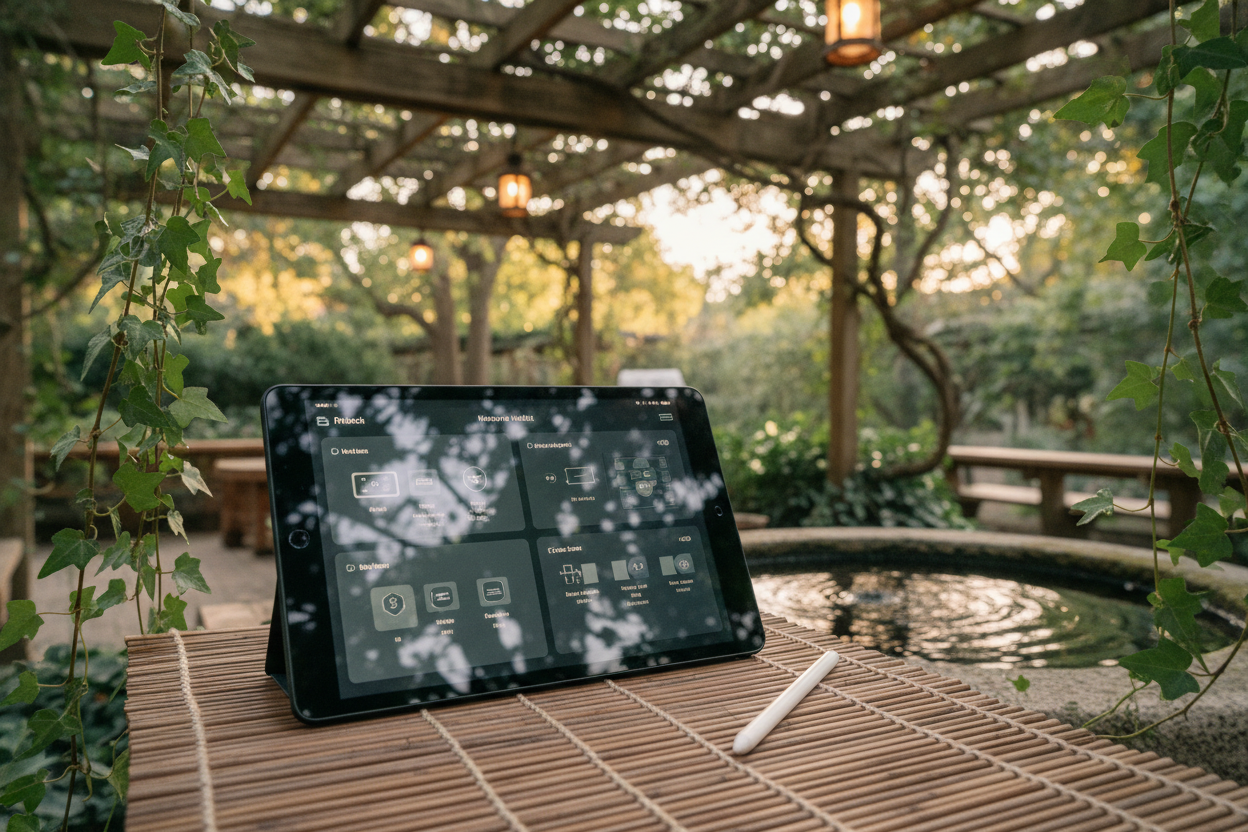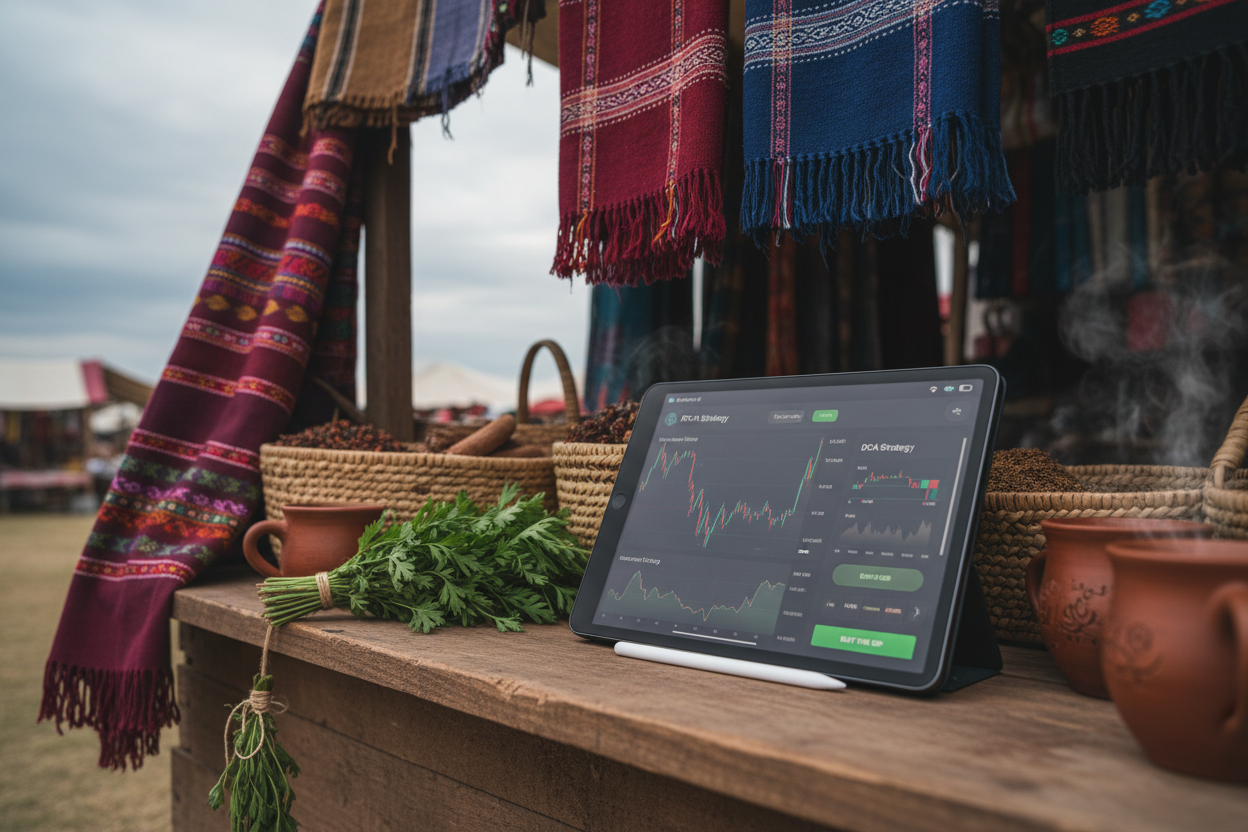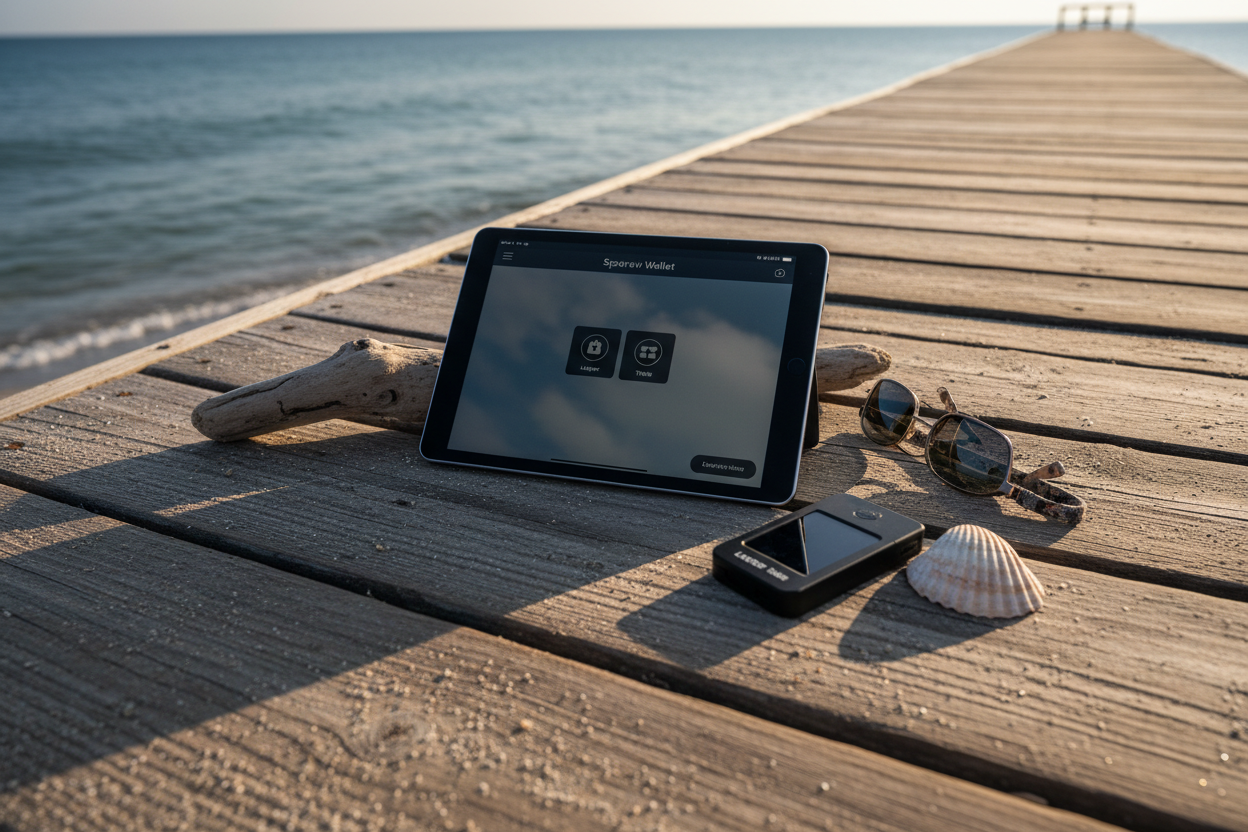Choosing between OKX Wallet and Trust Wallet in 2025 is a bit like picking your favorite seat at a packed concert: both get you to the show, but the experience can feel wildly different depending on your needs. With crypto adoption accelerating, user experience and community engagement are no longer afterthoughts, they’re front and center in wallet selection. Let’s dive into how these two leading wallets stack up, with visual cues to help you picture the journey.
Visual First Impressions: Interface Design Head-to-Head
OKX Wallet greets users with a sleek dashboard, complete with animated portfolio metrics, quick-access buttons for swapping or staking, and a color palette that feels both modern and inviting. Its built-in dApp browser sits just a tap away, inviting exploration of DeFi protocols or NFT marketplaces without ever leaving the app. The navigation bar is intuitive, ensuring even newcomers won’t feel lost among its multi-chain tools.

Trust Wallet, on the other hand, has built its reputation on simplicity. Its interface is clean and minimalistic, think large icons, readable fonts, and an emphasis on core actions like sending or receiving assets. The home screen puts your token holdings front-and-center, while features like staking or accessing dApps are available via straightforward menus. Security features such as biometric login and PIN protection are seamlessly integrated into the flow.
“With user-friendly applications available for both iOS and Android, Trust Wallet delivers an unparalleled experience in ease of use. “
– Slashdot Review (2025)
User Experience: Onboarding to Advanced Features
The onboarding process is often where wallets win or lose new users. Trust Wallet’s setup is famously frictionless: install the app, jot down your 12-word recovery phrase (don’t skip this!), set up biometrics if you wish, and you’re in. The wallet supports over 100 blockchains out of the box, from Ethereum to obscure altchains, making it easy to manage diverse portfolios without juggling multiple apps.
OKX Wallet, meanwhile, balances accessibility with depth. It supports over 80 blockchains (including EVM and non-EVM), offering advanced asset management right from the start. Its onboarding includes optional tutorials for staking, swapping, or connecting to dApps; these tooltips are especially handy for users eager to tap into DeFi but wary of complexity. OKX’s seamless integration with its exchange ecosystem is a bonus for those who want everything under one roof.
Top Usability Features: OKX Wallet vs Trust Wallet
-
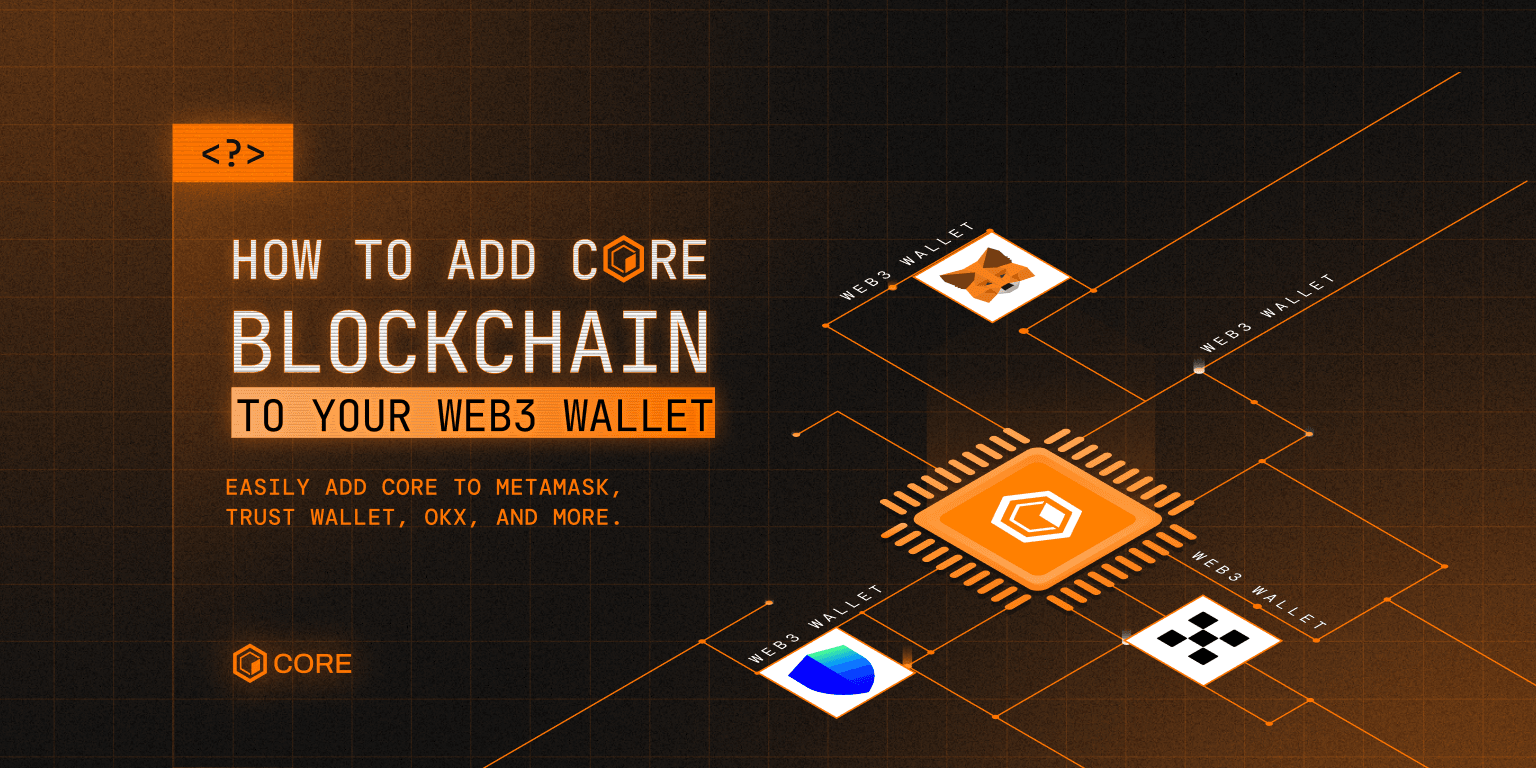
Multi-Chain Support: OKX Wallet supports over 80 blockchains (including EVM and non-EVM chains), while Trust Wallet leads with support for 100+ blockchains and millions of tokens, allowing seamless asset management across diverse networks.
-
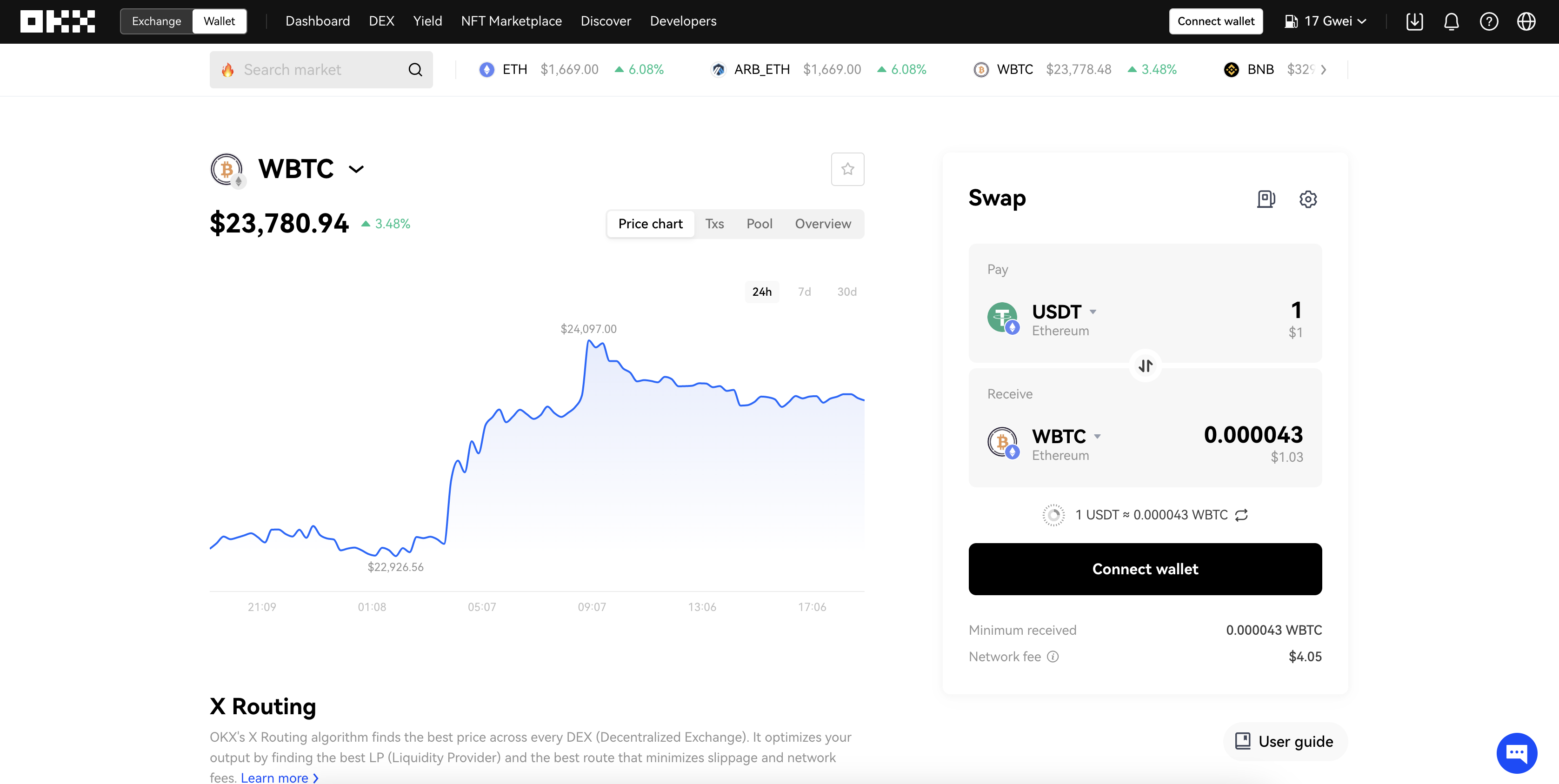
Intuitive User Interface: Both wallets offer a modern, clean, and user-friendly design. OKX Wallet features a sleek dashboard with portfolio metrics, while Trust Wallet provides a straightforward navigation experience ideal for beginners.
-
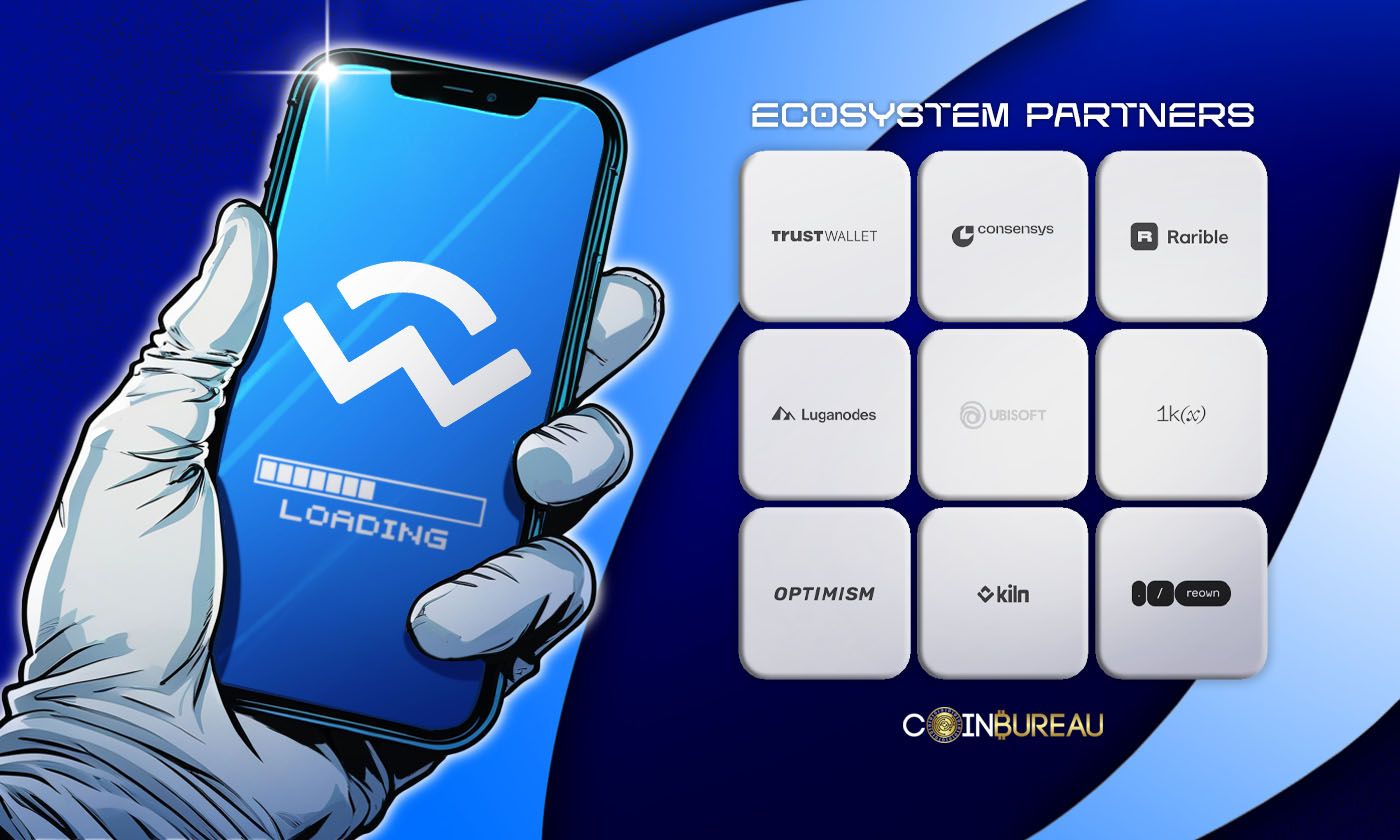
Integrated dApp Browser: OKX Wallet and Trust Wallet both include a built-in dApp browser, enabling users to explore and interact with decentralized applications directly within the wallet.
-
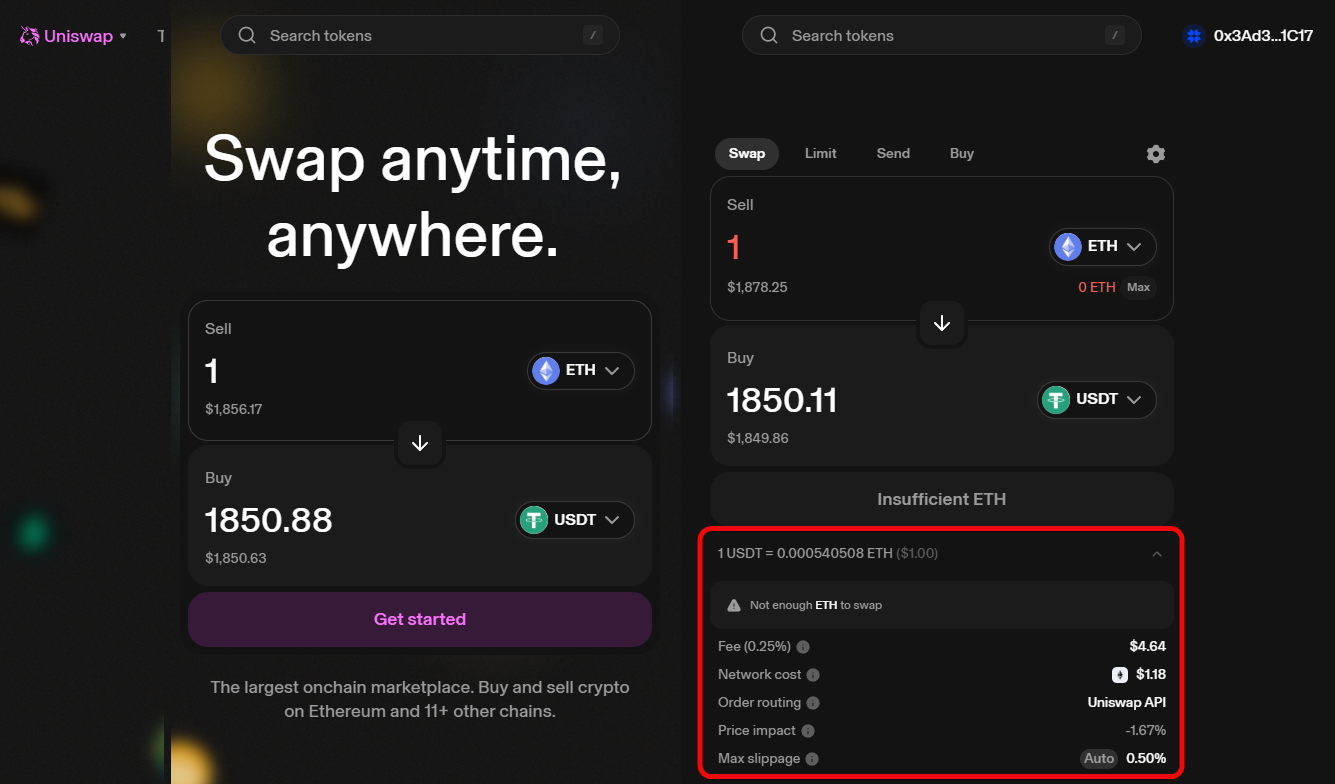
Enhanced Security Features: Trust Wallet offers biometric authentication, PIN code protection, and private key encryption stored locally. OKX Wallet also prioritizes security with robust encryption and multiple authentication layers.
-
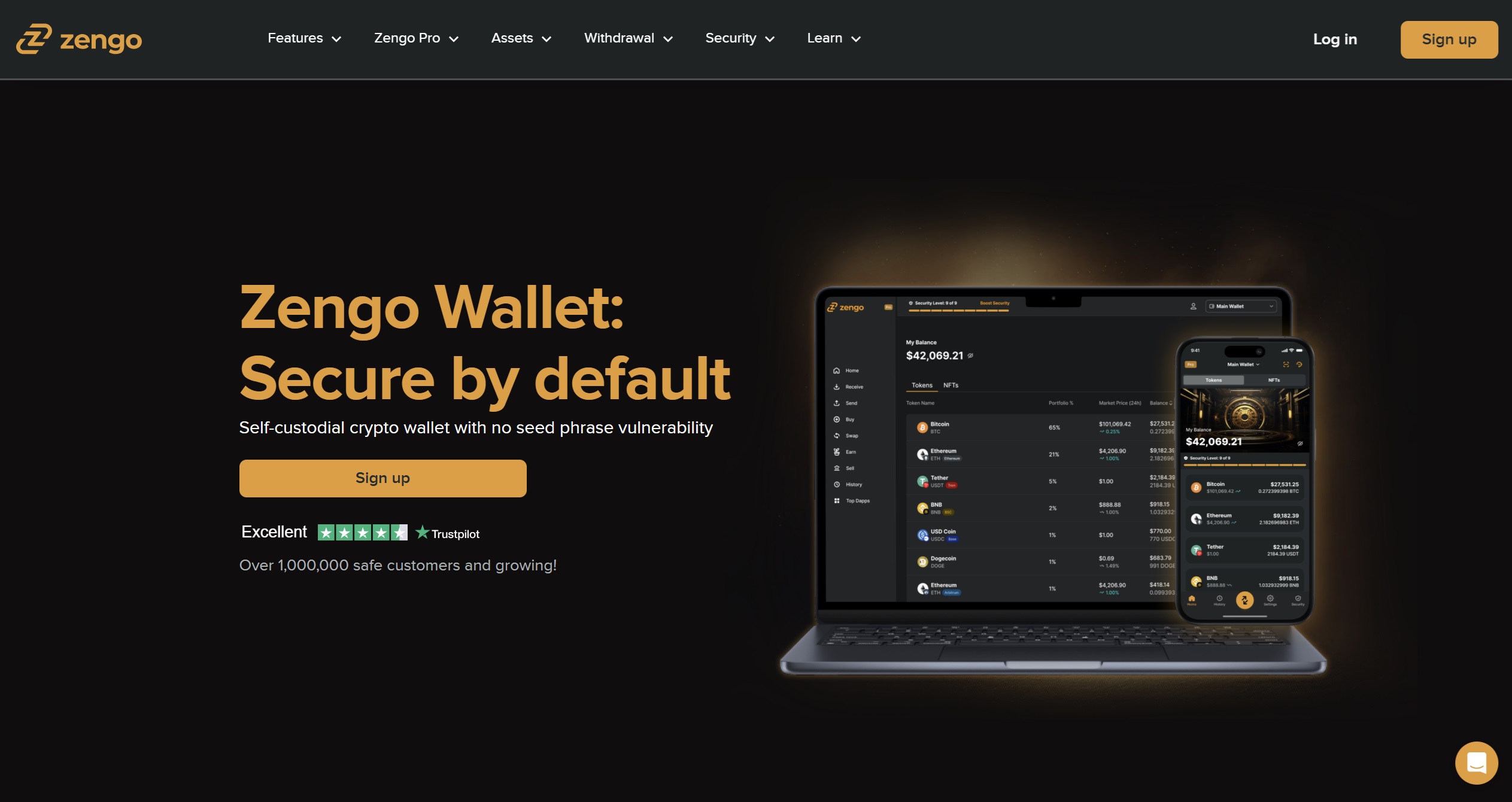
Comprehensive Web3 Experience: OKX Wallet integrates with thousands of dApps, NFT marketplaces, and decentralized exchanges, providing advanced users with a feature-rich environment. Trust Wallet ensures a smooth Web3 journey with easy staking and asset management.
-

Community Engagement & Support: OKX stands out with weekly events, trading competitions, and responsive support (email, live chat, phone). Trust Wallet emphasizes decentralization and user control, fostering a strong, privacy-focused community.
Community Engagement: Social Presence and Support Channels
User experience doesn’t end at design, community engagement shapes long-term satisfaction. OKX shines here:
- Lively weekly events: From trading competitions to NFT drops, there’s always something happening.
- Multi-channel support: Email, live chat, even phone support, rare among crypto wallets.
- Active social media presence: Regular updates across Twitter/X and Telegram keep users informed and involved.
Trust Wallet’s approach is more decentralized:
- User empowerment takes center stage, private keys never leave your device.
- A vibrant online forum helps users troubleshoot issues peer-to-peer.
- The team communicates through official blog posts and social channels but encourages self-custody above all else.
This difference in philosophy means that while OKX feels more like an all-in-one service platform (with direct customer support), Trust Wallet leans into autonomy and privacy, ideal for purists who want maximum control over their assets without third-party intervention.
Feature Deep Dive: Security, Staking, and dApp Access
Security is a non-negotiable for any crypto wallet. Trust Wallet makes it clear that your private keys never leave your device. With biometric authentication, encrypted storage, and a 12-word recovery phrase, you’re the sole gatekeeper of your funds. This local-first approach appeals to users who value privacy and decentralization above all else. Meanwhile, OKX Wallet takes a hybrid approach: while still non-custodial, it offers optional integrations with its broader exchange ecosystem for users who want more advanced trading tools and portfolio analytics.
When it comes to staking and earning, both wallets deliver but with nuanced differences. Trust Wallet supports direct staking for major assets like ETH or BNB in just a few taps. However, as noted by Cryptowisser, some earn campaigns can be expensive or have limited slots. OKX Wallet, on the other hand, provides a broader array of DeFi integrations, no slot restrictions, and lets users explore yield farming opportunities right from the dApp browser.
Visualizing the Experience: dApp Browsers Compared
The built-in dApp browsers are where these wallets truly flex their Web3 muscles. OKX’s browser feels like a portal to the multichain universe, thousands of dApps are accessible, with curated categories for DeFi, NFTs, gaming, and more. The interface is responsive and visually rich; you can jump from swapping tokens to minting an NFT in seconds.
Trust Wallet’s browser is simpler but highly functional. It prioritizes speed and clarity over bells and whistles: search or paste any dApp URL and you’re connected instantly. For users who know what they want (and value minimal distractions), this straightforward approach is ideal.
User Feedback and Community Vibes: What Real Users Say in 2025
User reviews consistently praise Trust Wallet’s ease of use. Across platforms like Capterra and Software Advice, phrases like “trusted by many people” and “very effective” come up repeatedly (see full review here). It’s not just about first impressions, long-term users highlight how rarely they run into bugs or friction when sending assets or exploring new chains.
OKX Wallet’s community engagement gets high marks too. The steady flow of contests, giveaways, and AMAs keeps even seasoned crypto veterans coming back for more interaction. Many appreciate the direct access to support staff, a rarity in crypto wallet land, while others note how the active social channels make it easy to pick up tips or troubleshoot issues quickly.
Which wallet interface do you prefer?
Both OKX and Trust Wallet offer distinct user experiences: OKX boasts a modern, feature-rich dashboard, while Trust Wallet is known for its clean, minimalist design. Which interface best suits your style?
Which Wallet Wins? Final Thoughts for 2025 Users
If you crave advanced features, multi-chain management, deep dApp integration, live community events provides OKX Wallet stands out as an all-in-one powerhouse that doesn’t sacrifice usability for power. Its design feels fresh yet accessible whether you’re staking new tokens or diving into NFTs.
If your top priorities are simplicity, privacy, and full autonomy over your assets, Trust Wallet remains a favorite in 2025. Its no-nonsense interface ensures even crypto newcomers feel at home fast, and there’s peace of mind knowing that only you control access to your funds.
No matter which side you land on in the OKX vs Trust Wallet debate, both platforms are raising the bar for user experience and crypto community engagement this year.
Lila Crowley, Cryptowalletscompare. com



